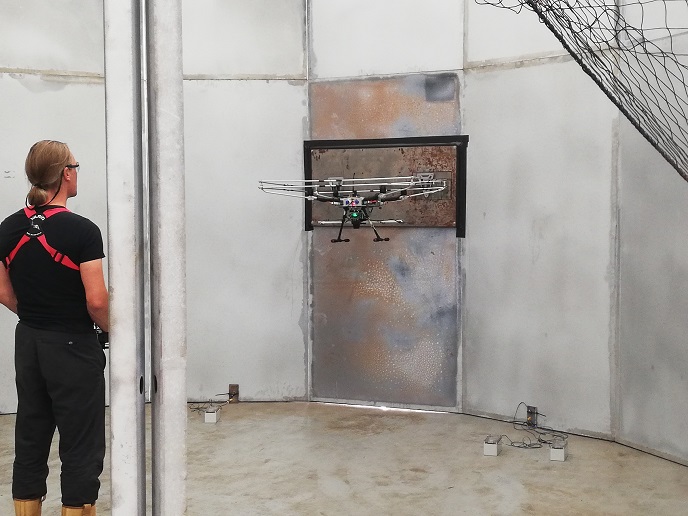Novel methods for herbs decontamination
The EU-funded GREENFOODEC(opens in new window) project set out to assess the different decontamination approaches used in selecting, treating and analysing herbs and spices. The overall aim was to identify new ways of decontaminating these important foodstuffs. Researchers initially defined standard analytical techniques to be used for the duration of the project. This included initial and final quality standards as well as tests for microbiological contamination and chemical composition. Black pepper, oregano and paprika were selected to represent different commercial herbs and spices. Researchers and herbs and spices SMEs and SMEs associations believed that these best represented the herb, powder and seed products available to consumers. GREENFOODEC tested various decontamination technologies on each category of product. Researchers identified the most beneficial technologies, and used this information to describe future technological barriers and research needs to apply these methods to the industry. Finally, the project produced a technical guide and a methodology handbook to help end users analyse contamination of herbs and spices. The higher-quality herb and spice products that will result from the GREENFOODEC project will enable producers to become more competitive. Consumer health also stands to benefit from products that are safer and better regulated.







